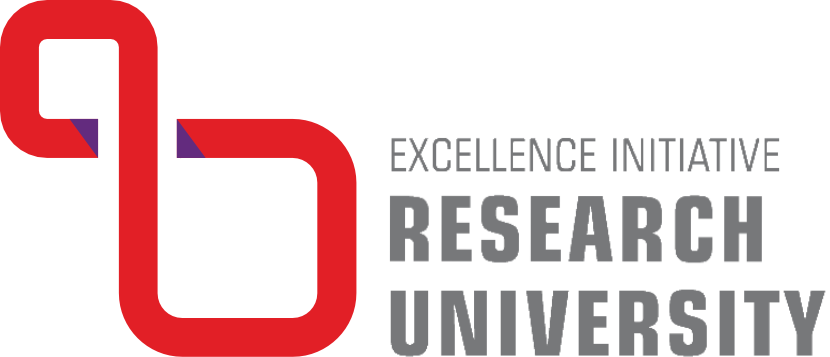Our Vision
True Interdisciplinarity
In order to achieve true interdisciplinarity in the study of the human mind research institutions of the future need to combine the respective expertise of both the hard sciences and the humanities. The Centre at Warsaw University seeks to link existing humanistic research with more empirically informed trends dominating the social and hard sciences. At the same time, it encourages the hard sciences towards more collaborative engagement with the fertile knowledge gathered by the humanities scholars over millennia, thus aiming to counterbalance some recent reductive paradigms in cognitive science in relations to the study of culture, broadly understood as comprising art, education, ethics, linguistics, material culture and skills, or religion.
Methodological Pluralism
The issue of methodological pluralism is a guiding principle in the workings of the Centre and reflects the position that we embrace a broad range of investigative methods that have rarely been combined. As anyone who is engaged in the study of human cognition is no doubt well aware, no one method of investigation reigns supreme, each has its inherent strengths and limitations. An important objective of the Centre will be to put these methods together and examine them critically through collaborative efforts and combined methodologies. Hard scientists that define their work around controlled experiments (e.g., cognitive neuroscience and cognitive psychology), or who create computational models of thought processes (e.g., computer science, neurobiology), can be encouraged to work in partnership with faculty who engage in field work and ethnography (e.g., cognitive anthropology, sociology), and faculty who work in interpretive disciplines (e.g., art history, linguistics, history, law, music, and philosophy). The Centre will operate under the assumption that these are complementary rather than contradictory methods of inquiry as it is our belief that disciplined inquiry into the nature of human thinking, culture, and creativity needs to draw from as many sources as possible. The challenge is to do so in cohesive manner, and the Centre will operate by seeking unity and consistency amidst the inevitable individual disparities.
Ultimately, the purpose of the Centre as we see it is to show that science needs to engage with human values, ethics, social justice and their perennial reflection in art and cultural practices. At the same time, technological and methodological help from the hard sciences can be useful to the humanities in the shape of empirical research, modeling or digitalization. Individuals, working groups, and institutions can move towards each other whereby bridges are built and seeds are sown for an age when society is not solely focused on technology and empirical data, yet is able to use technology and experimental results to understand better itself and the world.

